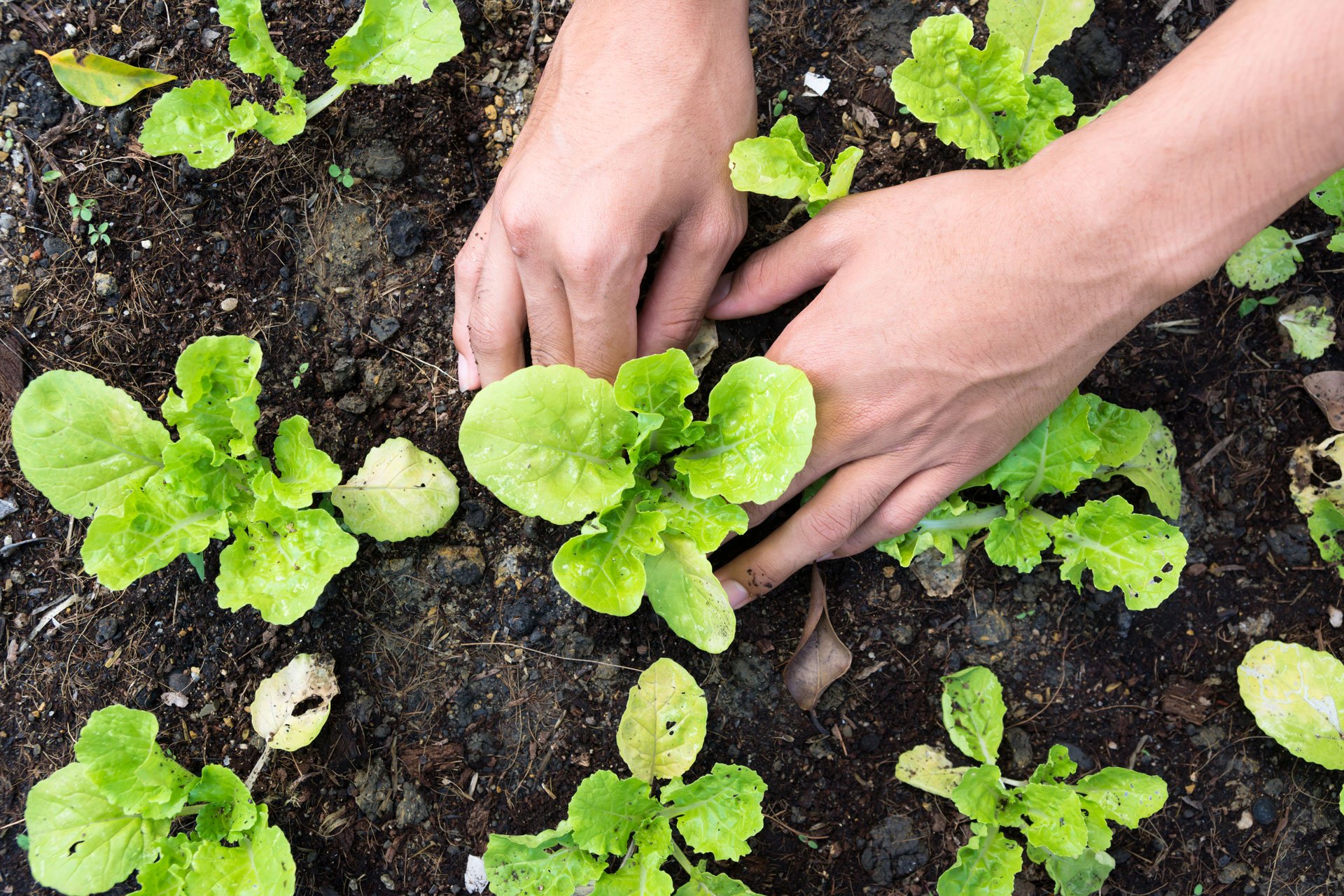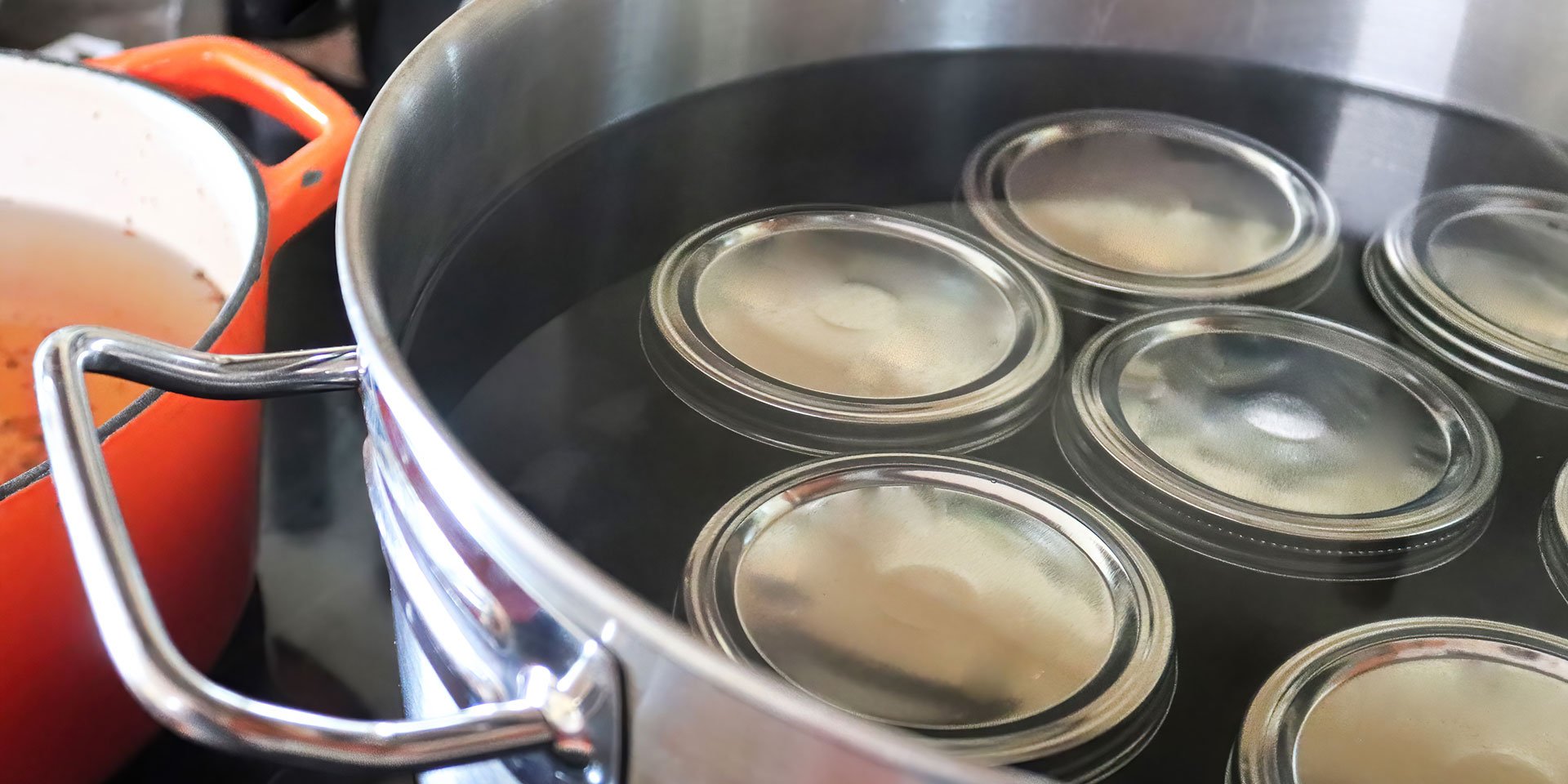How to Prevent Garden Food Waste
Now that summer is here, you may see the hard work of all your gardening efforts starting to pay off. The seedlings you planted in spring are growing, some may be beginning to produce fruit and others may even be ready to harvest.
But with all of that great progress, you may also find yourself with an overabundance of garden produce — from piles of zucchini to overflowing buckets of tomatoes. It can be another gardening chore to not only harvest it all, but also to figure out what to do with it before it goes to waste.
The good news is that with a little planning both before and during garden season, you can grow your own food while preventing waste. Learn more with our favorite tips below.
Choose a Garden Layout With Good Access
When you first begin planning your garden and choosing which garden method is best to use, you should also choose a layout that allows you to easily access your plants and makes harvesting easier. Unseen or unreachable plants or fruits risk being forgotten and left to overripen — or eventually rot.
One of the benefits to traditional row gardening is that it creates pathways between each row of plants, giving you a way to go up and down each row and tend to your plants or gather your harvest.
If you are using a raised bed method, however, you need to consider the size of your raised bed and if you are able to walk around to access your plants from every side. In fact, the square foot gardening method, which utilizes raised beds, specifies that beds be built to four feet by four feet for easier harvesting.
Eat Your Thinnings
Thinning, the process of removing some seedlings so that only the best and strongest remain, is an important step in maintaining any garden. However, this leads to scraps that will often wind up as waste. While they can usually be composted, many thinning scraps, including those for radishes, carrots and even edible flowers (such as nasturtium), can be eaten instead.
Have you ever seen baby spinach or kale at your grocery store and wondered how it differs from the full-size version? These and many other leafy greens, such as arugula, can be harvested early (during the thinning process or otherwise) as “baby” versions. Try making a homemade garden salad mix with these young, tender and often milder leaves.
Plan for Preservation
While one of the best ways to enjoy your garden produce is just as it is, freshly picked, there are only so many cherry tomatoes you can eat straight from the vine. At some point in the season you may find yourself overwhelmed with fruit and vegetables. This is when preservation methods, like water bath canning or dehydrating, can help reduce your waste.
To get started with preserving your produce, think about how you enjoy those fruits or vegetables in the off-season. Love adding Thai basil to a curry or stir-fry? Try freezing the leaves in a neutral oil using an ice cube tray. Dreaming of a big pot of tomato sauce in the cold winter months? Contrary to what you may have heard, tomatoes can actually be frozen if you plan to use them in a sauce or other cooked preparation.
Donate to Local Food Pantries or Community Groups
With one in eight households in the U.S. experiencing food insecurity, consider donating your excess garden harvest to those who need it. Depending on where you live, you can seek out food pantries, community fridges or other mutual aid resources that take donations of fruits and vegetables. Ample Harvest, for example, is a website and app focused on connecting home and community gardeners with local food pantries where they can donate surplus food.
Compost It
While composting leftover fruits and vegetables should be a last resort, it is an important step when all other options have been exhausted. Composting will not only help reduce your garden waste, but will also allow you to build fresh, healthy soil for the next growing season.
Although much of what you will find in your garden can be composted, there are some tips to keep in mind. For compost you intend to use in a vegetable garden, it’s best to leave out plants that are prone to disease, especially tomatoes and peppers. Most home composting piles will never reach the temperatures required to kill pathogens and could transfer those diseases via the finished compost. It is also a wise idea to leave out any leaves, stems or fruit that seems diseased in any way.
Get the latest food news, from FoodPrint.
By subscribing to communications from FoodPrint, you are agreeing to receive emails from us. We promise not to email you too often or sell your information.
Top photo by ゆず/Adobe Stock.
More Reading
Uprooting plastic: Why and how to reduce plastic in the garden
June 4, 2025
Edible landscaping is beautiful and delicious
April 18, 2025
5 easy-to-grow vegetables and herbs for beginner gardeners
April 11, 2025
Six unusual greens to try
September 4, 2024
5 ways climate change could impact your home garden
March 14, 2024
Seed saving as a living legacy
November 7, 2023
“Under the Henfluence” Urges Us to See Hens as Complex Beings
May 10, 2023
Which Gardening Method is Right for Your Home Garden?
March 17, 2023
Things to Keep in Mind If You Want to Get Backyard Hens for Eggs
November 18, 2022


